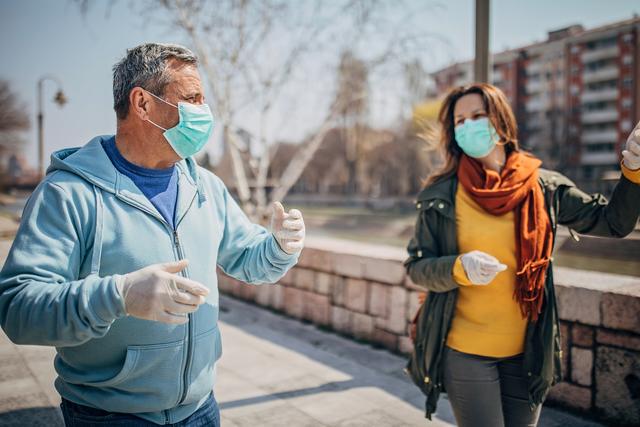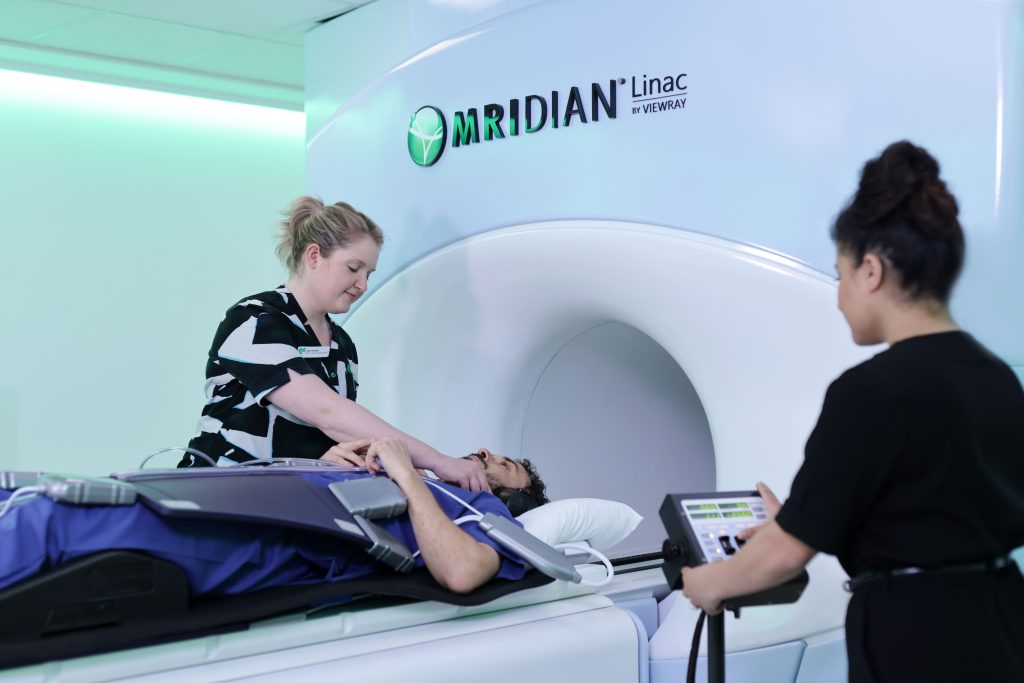Cancer treatment during Covid-19
With the well-publicised backlog of cancer diagnosis and treatments, it’s abundantly clear that it is more crucial than ever that doctors, patients and carers are made aware of where cancer services are continuing, so people can receive vital diagnosis and treatment safely and without delay.
The government has made it plain that we need to reopen the economy with defined guidelines on how this should be approached. Now the same needs to be done for specialist treatments, such as cancer care.
While it is important that we do not act as if Covid-19 is no longer present, we do need to communicate that people must get in touch with their GP if they notice a change in their symptoms or spot something new, in order to ensure the current cancer backlog does not spiral.
Often, what is prioritised most in many treatments of cancer, and what we seek to provide for the most severe of cases at our centres, is ensuring patients and their loved ones have time on their side. Whether this be in detecting, or elongating, it is vital we work to ensure that everyone facing treatment for cancer knows we are working to give them the highest care experiences so they get the best possible life outcomes – including putting time on their side, where possible.
At GenesisCare, we are the UK’s leading provider of private cancer care, with 14 specialist outpatient centres nationwide, delivering over 30,000 cancer treatments per year. Our mission is to provide the fastest access to widest range of treatments to patients when they need it.
We have taken significant steps during the pandemic to ensure we can continue to maintain covid-safe clinics. Our key priority is to ensure cancer patients have access to diagnostics, chemotherapy and radiotherapy where they need it, which has an even greater importance during Covid-19.
As an oncology specialist, all of our investment is focussed on evidence-based, cutting-edge oncology care, we have heavily invested in additional rapid access diagnostic clinics over the last four months to ensure patients can access treatment and advice as quickly as possible. We have also developed a virtual telehealth platform to ensure patients can continue to talk to their Consultants remotely and it seems we are not alone in this. The pandemic has had an undoubted knock-on effect on how treatment is administered – telehealth medicine has moved from 10% to 80% of cases. This staggering rise proves that, if it is possible, appointments and multi-disciplinary team discussions can be held virtually and therefore must be, in order to ensure disruption to treatment is minimised as much as possible.
Therefore, as practitioners and patients shift to virtual solutions, all practices, both national and private, must be equipped with the resources that will allow them to keep connected to their patients through this difficult time. It is evident that the independent sector needs to support the NHS to clear the current backlog by providing cancer, neuro and respiratory specialist treatments. Estimates are still uncertain as to how long this could be for, but we will work hard to ensure that support can be provided on this front.
Going forwards, we must also learn from the countries who are ahead of us, especially in terms of smart management of tracking and testing. This will help us manage cancer treatments in parallel with Covid-19 should we face multiple waves in the future and so not build a cumulative back log of treatment.
James McArthur,
General Manager, GenesisCare UK



